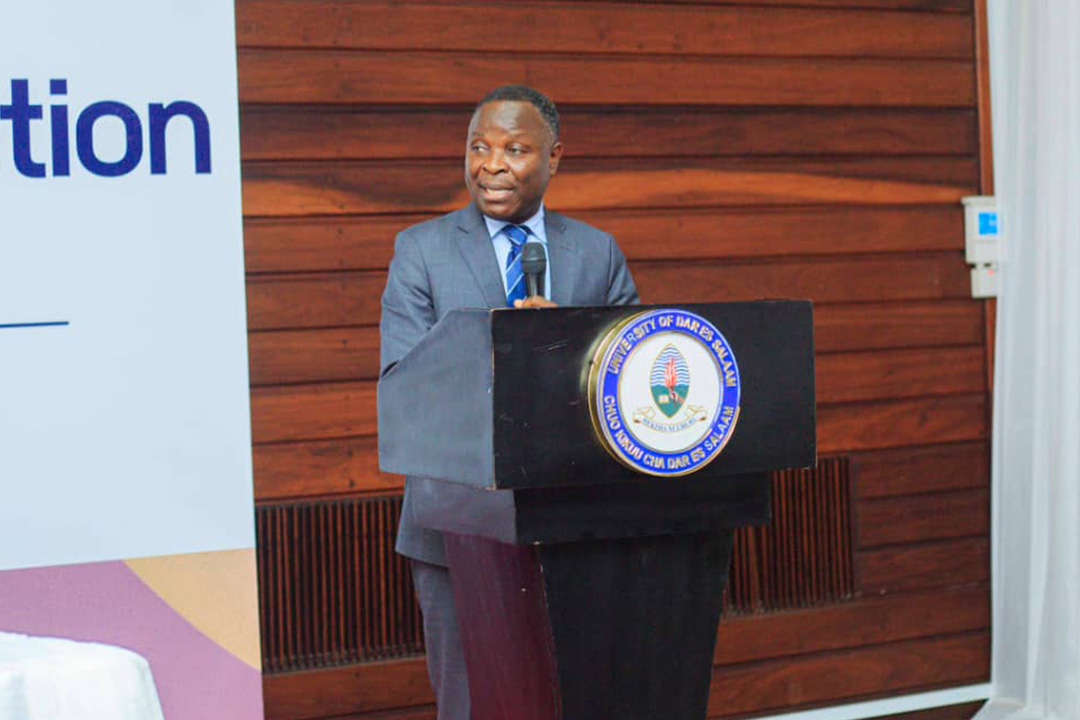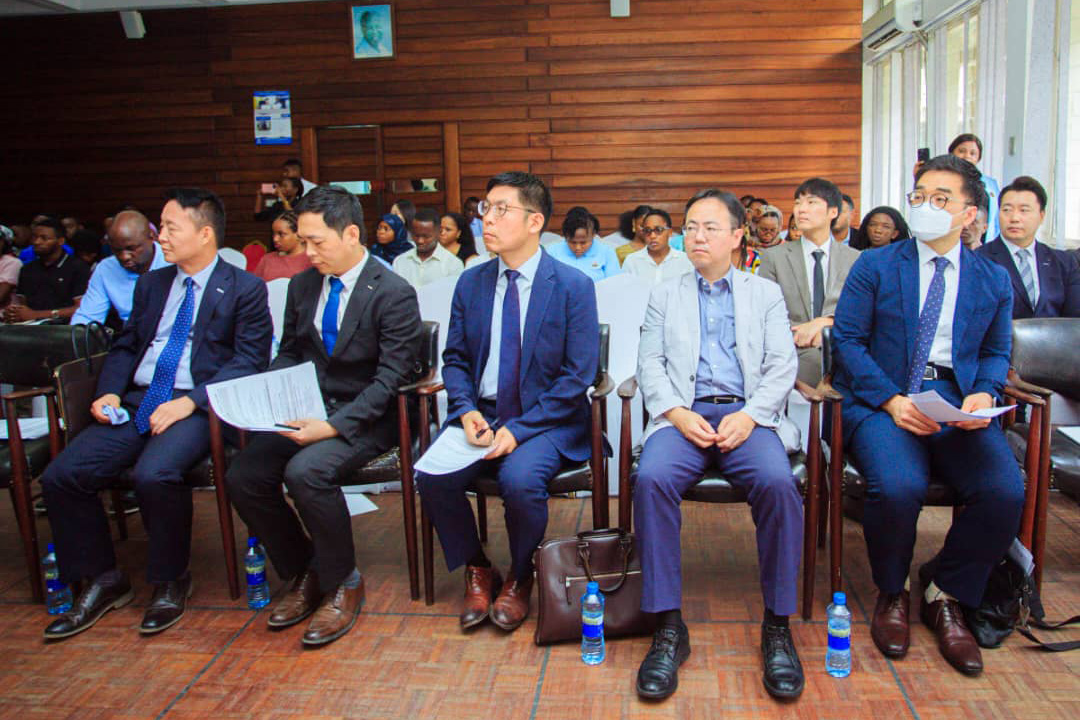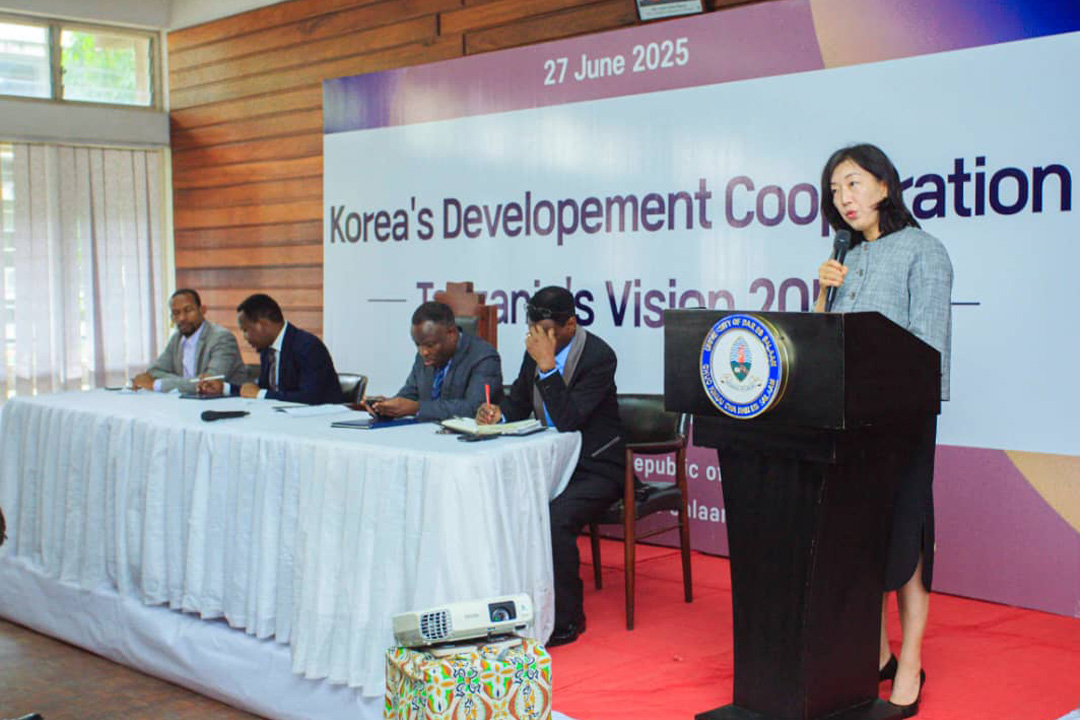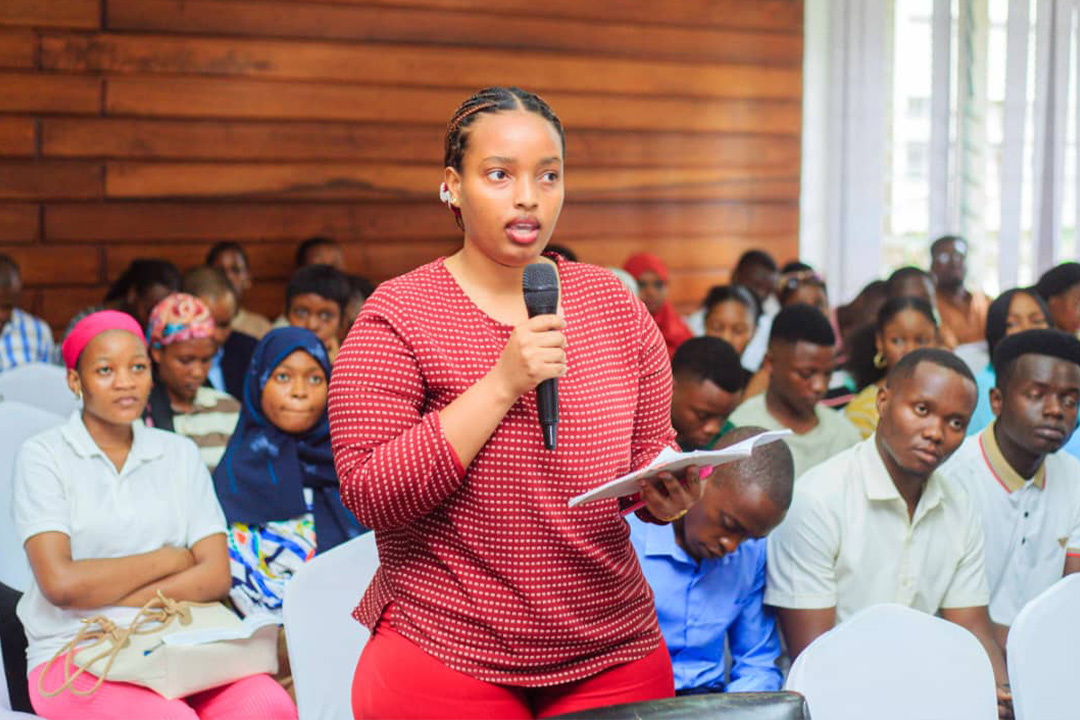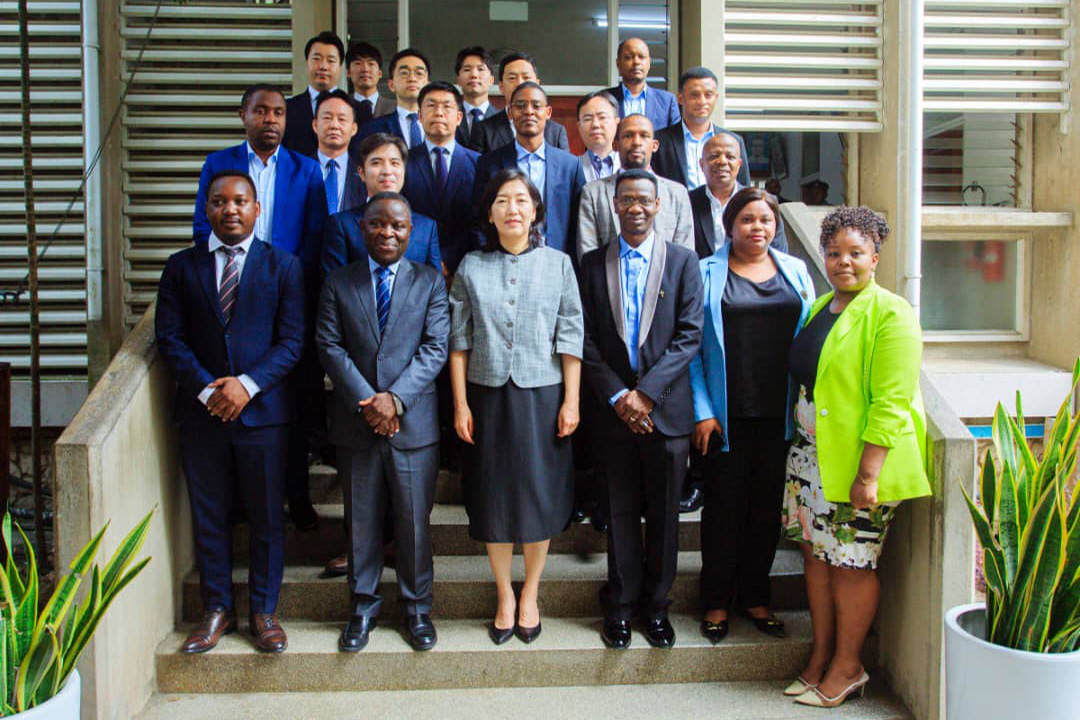Korea–Tanzania Development Seminar Highlights Strategic Partnership for National Transformation
By Hamza Vedasto, IDS and Jackson Isdory, CMU
The University of Dar es Salaam (UDSM) has reaffirmed its pivotal role in national transformation through research, innovation, and human capital development. Speaking at the Korea–Tanzania Development Cooperation Seminar, UDSM Vice Chancellor Prof. William Anangisye emphasised the institution’s commitment to shaping policy and fostering strategic partnerships.
Held on 27 June 2025 and organised by UDSM’s Institute of Development Studies (IDS), the high-level dialogue brought together government officials, scholars, development experts, and students to explore pathways toward Tanzania’s Development Vision 2050.
“This seminar is a strategic platform to cultivate policy insights, catalyse partnerships, and co-design solutions for a resilient and inclusive future,” said Prof. Anangisye.
He highlighted the relevance of Korea’s development model as Tanzania advances its Vision 2050 agenda, praising Korean agencies like KOICA, KOFIH, and EDCF for their support in education, ICT, and healthcare.
Meanwhile, Excellency Ambassador Eunju Ahn, Korea’s envoy to Tanzania, reiterated Korea’s dedication to Tanzania’s development, citing a pledge of USD 2.5 billion in concessional loans by 2028. “Our bilateral cooperation has entered a new phase. Korea’s development experience can serve as a guiding template for Tanzania’s transformation”.
Ambassador Ahn urged students to engage critically, viewing themselves as future architects of policy. “This is your moment to reflect on building a knowledge-based economy amid climate disruption and digital transformation”.
Government perspectives on strategic collaboration
Mr. Norbert Mwitta, an Economist from Tanzania’s Ministry of Finance and UDSM alumnus, outlined the impact of Korea’s support, including over USD 200 million in grants since 1991 and key projects like the Tanzanite Bridge and Mloganzila Hospital.
“The strength of this partnership lies in its alignment with our strategic plans, particularly the Third Five-Year Development Plan and Vision 2050,” he said.
Echoing President Samia Suluhu Hassan’s focus on industrialisation and digital transformation, Mwitta emphasised the need for technical exchange and people-to-people ties.
From Zanzibar, Mr. Salum Yahya highlighted the importance of inclusive, innovation-driven partnerships in sectors like the blue economy, renewable energy, and digital infrastructure. “We seek genuine collaborations that align with President Dr. Hussein Ali Mwinyi’s Blue Economy Agenda”.
Panel discussions: human capital and infrastructure
The seminar featured two panel discussions. The first, moderated by Dr. Hezron Makundi of UDSM Consultancy Bureau, explored human capital development, healthcare, and ICT. Experts stressed aligning vocational training with industrial needs and leveraging technology for better service delivery.
The second session focused on infrastructure, emphasising climate resilience and rural-urban balance. Panelists from UDSM, KOICA, and Korea Eximbank discussed how Korean innovation could support Tanzania’s sustainable infrastructure development.
Natasha Saidi Mbwana, a second-year Development Studies student, shared her reflections: “This seminar showed me that development cooperation is not just about aid but shaping mutually beneficial futures.”
As Tanzania prepares to unveil Vision 2050, the seminar underscored the shared commitment to an inclusive, resilient, and technologically empowered future. Through sustained collaboration, Korea and Tanzania continue to forge a path toward prosperity.



